Have you ever dreamt to Work in Canada as one of the most welcoming, progressive, and opportunity-filled countries in the world? If you’ve typed “Canadian work permit eligibility” or “check if you are eligible to work in Canada” into Google lately, you’re definitely not alone.
Every year, hundreds of thousands of skilled workers, international students, and entrepreneurs explore ways to work in Canada—whether temporarily or as a pathway to permanent residence. But before you pack your bags or start applying for jobs, you’ll need to understand the work permit process and check if you’re eligible.
This guide breaks everything down in plain English so you can confidently discover your path to working in Canada.
Why Canada?
Let’s start with the big question: Why does everyone want to work in Canada?
According to Statistics Canada, the country welcomed more than 500,000 new work permit holders in 2024, its highest number ever. With a stable economy, friendly communities, and inclusive immigration policies, it’s no surprise Canada is one of the top destinations for global talent.
Whether you’re a skilled professional, healthcare worker, engineer, IT expert, or international student, Canada’s growing demand for workers means there’s likely a place for you—if you meet the eligibility requirements.
📌 Read More
What Is a Canadian Work Permit?
A Canadian work permit is an official document issued by Immigration, Refugees and Citizenship Canada (IRCC)that allows foreign nationals to legally work in Canada for a specific employer, occupation, or time period.
In most cases, you must apply for a work permit before entering Canada. However, some people can apply once they’re inside the country or even at the port of entry (like an airport or border crossing).
Work permits generally fall into two major categories:
1. Employer-Specific (Closed) Work Permit
This type of permit ties you to one specific employer. You can only work for that employer, in the job listed on the permit, and in the location specified.
To obtain it, your employer often needs to secure a Labour Market Impact Assessment (LMIA) — proof that hiring you won’t negatively affect the Canadian labor market.
2. Open Work Permit
This one gives you more flexibility. You can work for almost any employer in Canada (except those listed as ineligible by IRCC).
You might qualify for an open work permit if you are:
• The spouse or common-law partner of a skilled worker or student
• An international graduate eligible for the Post-Graduation Work Permit (PGWP)
• A refugee, protected person, or someone waiting on permanent residence approval
Knowing which type applies to you is the first step to checking if you’re eligible to work in Canada.
Eligibility Requirements: Do You Qualify?
Before you rush to apply for a Canadian work permit, make sure you meet these key eligibility criteria as outlined by IRCC:
1. You must prove that you’ll leave Canada when your work permit expires.
* The work permit is temporary, though it can often be extended or lead to permanent residency later.
2. You must show you have enough money to support yourself and any family members during your stay and for your return home.
3. You must have no criminal record.
* You may be asked to provide a police clearance certificate.
4. You must be in good health.
* Depending on your job, you may need a medical exam by a designated physician.
5. You cannot work for an ineligible employer.
* Always check IRCC’s official list of ineligible employers before accepting a job.
6. You must provide any other documents requested by IRCC to establish your eligibility.
If you can confidently tick all these boxes, you’re already on your way!
Where You Can Apply From
Your eligibility also depends on where you’re applying from:
1. Outside Canada
Most people apply for a work permit from their home country. You’ll need to submit an application online, provide biometrics, and possibly attend an interview.
2. Inside Canada
You can apply from inside the country if you already hold a valid study or work permit, or if you’re eligible under special programs like the PGWP.
3. At a Port of Entry
Certain travelers from visa-exempt countries (who meet all requirements) can apply for their work permit upon arrival in Canada.
No matter where you apply, the same key eligibility standards apply, you must demonstrate your qualifications and intentions clearly.
What You’ll Need to Apply
Once you’ve confirmed that you’re eligible, it’s time to gather your documents.
Here’s your checklist:
• Valid passport
• Job offer letter or employment contract
• LMIA or LMIA-exempt job offer (if required)
• Proof of qualifications (education, work experience)
• Proof of financial means
• Medical exam results (if applicable)
• Police certificate or background check
• Digital photo and biometrics
• Application and processing fees
Double-check all forms before submission—incomplete applications cause delays.
📰 Similar Posts
How Long Does It Take?
Work permit processing times vary depending on:
• The type of permit (open or employer-specific)
• The country you’re applying from
• The completeness of your application
On average, applications from outside Canada can take 8 to 24 weeks. You can check the current estimate anytime on IRCC’s official processing time tool.
If you’re applying under a time-sensitive job offer, act fast and apply early, delays can mean losing the opportunity.
Common Pathways to a Canadian Work Permit
Here are a few popular ways foreign nationals become eligible to work in Canada:
1. Through a Job Offer + LMIA — The most common route.
2. Through International Experience Canada (IEC) — For youth from partner countries.
3. Through a Spousal Open Work Permit — For partners of students or workers.
4. Through Post-Graduation Work Permit (PGWP) — For graduates of eligible Canadian institutions.
5. Through Intra-Company Transfers — For employees of multinational companies with branches in Canada.
If you’re unsure which path suits your situation, consult an authorized immigration expert or use IRCC’s eligibility checker tool on the government website.
Avoid Common Mistakes
Many people delay their applications—or worse, get denied because they overlook simple details. Here’s what to watch out for:
• Submitting outdated forms or missing documents
• Applying to work for an ineligible employer
• Failing to prove financial stability
• Not providing a clear return plan
• Starting work before your permit is issued
Remember, you must not begin working in Canada until you have official authorization. Doing so can impact future visa or immigration applications.
Benefits of Working in Canada
Still wondering if it’s worth it? Here’s what makes the effort worthwhile:
• Competitive salaries and safe workplaces
• Free healthcare and strong labor rights
• Multicultural environment
• Opportunities for permanent residency
• Access to global experience and career growth
Many foreign workers transition from temporary permits to Canadian permanent residence through programs like the Canadian Experience Class (CEC) or Provincial Nominee Programs (PNPs).
Ready to Check Your Eligibility?
Now that you understand the essentials, here’s what you should do next:
1. Visit IRCC’s official work permit eligibility page to see if you qualify.
2. Gather your documents early to avoid last-minute rushes.
3. Apply online through the official portal or get assistance from a licensed immigration consultant.
4. Track your application and respond quickly to any IRCC requests.
Working in Canada could be your stepping stone to a brighter, more stable future but it starts with one simple step: checking if you’re eligible.
Take the First Step Toward Your Canadian Dream
Your dream of working in Canada is within reach. With the right preparation, documentation, and timing, you can successfully apply for a Canadian work permit and begin your journey toward a better life.
Don’t wait, opportunities like this don’t last forever. Check if you’re eligible today, gather your documents, and apply now to fast-track your way to Canada.
If you need help assessing your eligibility or preparing your work permit application, contact us today. Our team of trusted immigration advisors will help you navigate the process, avoid common mistakes, and secure your chance to work and live in Canada.
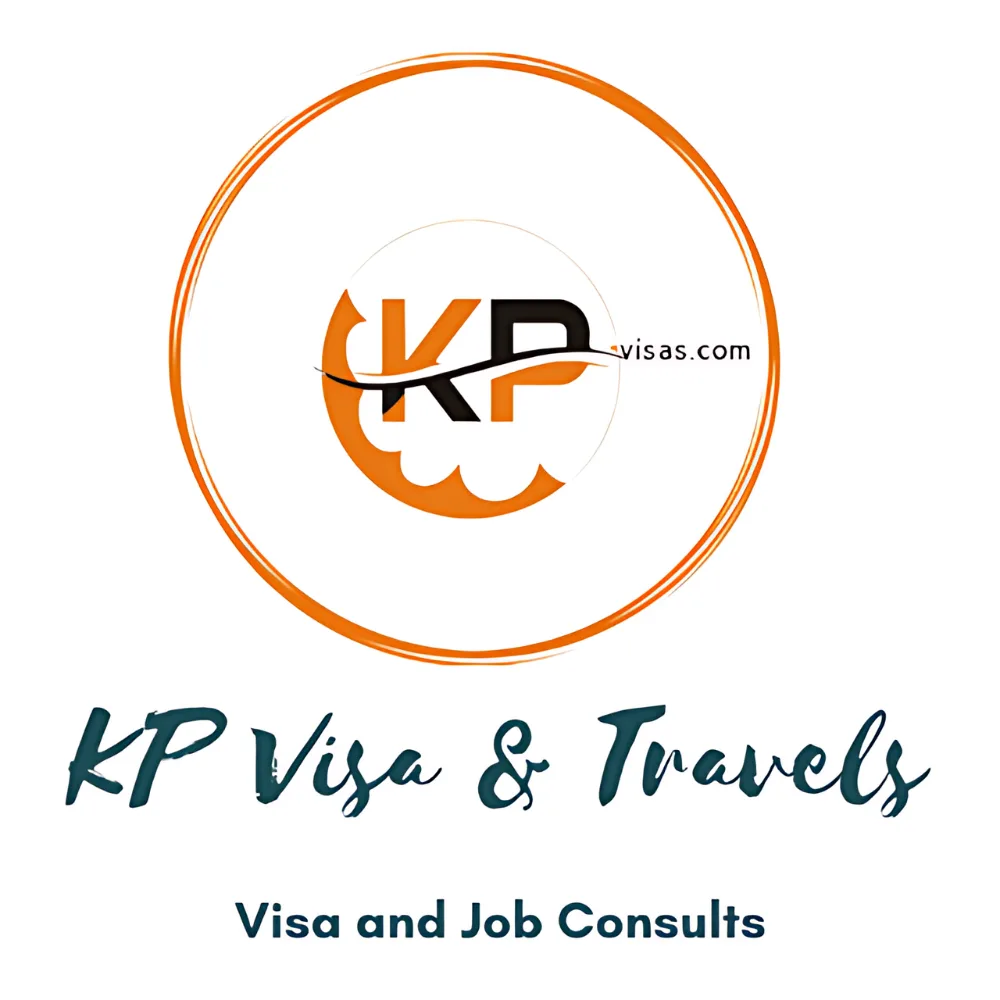
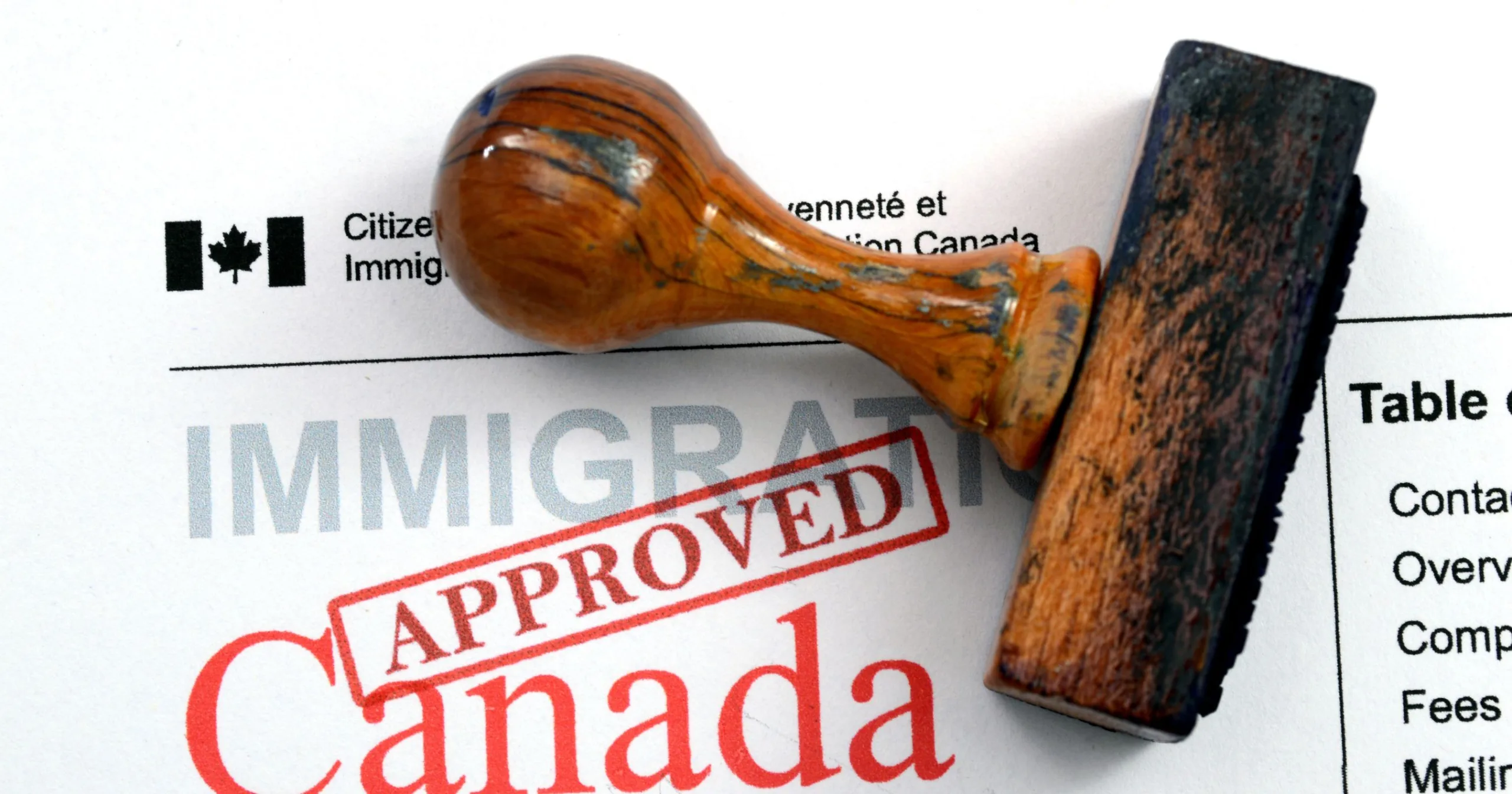

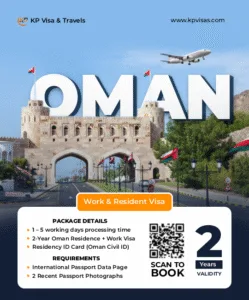
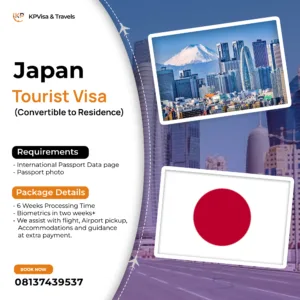
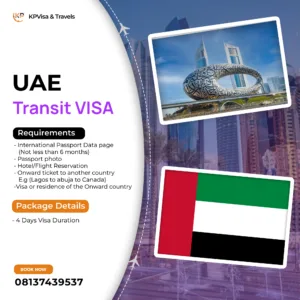

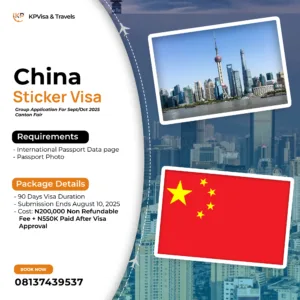
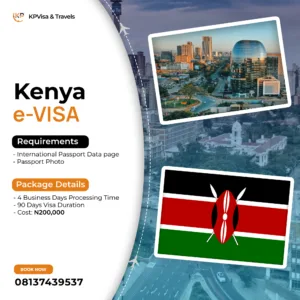
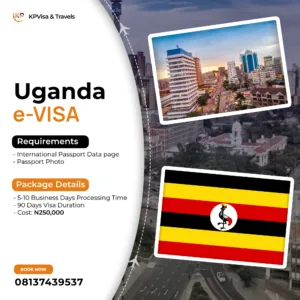
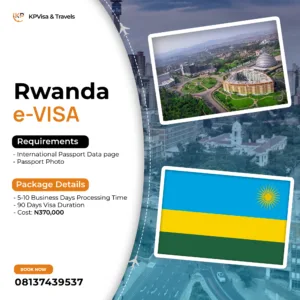



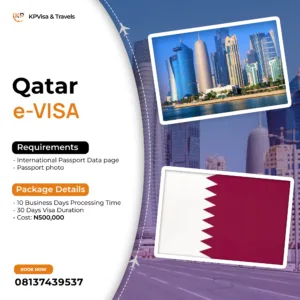













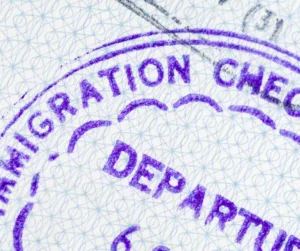



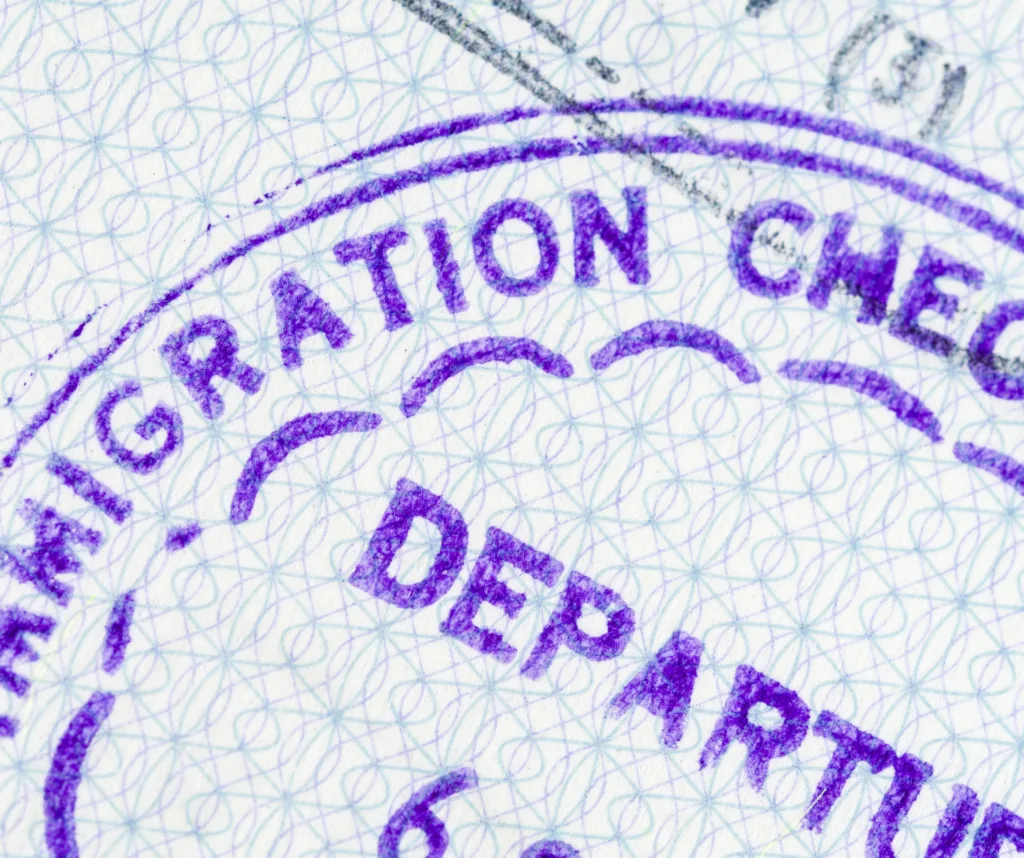




No responses yet